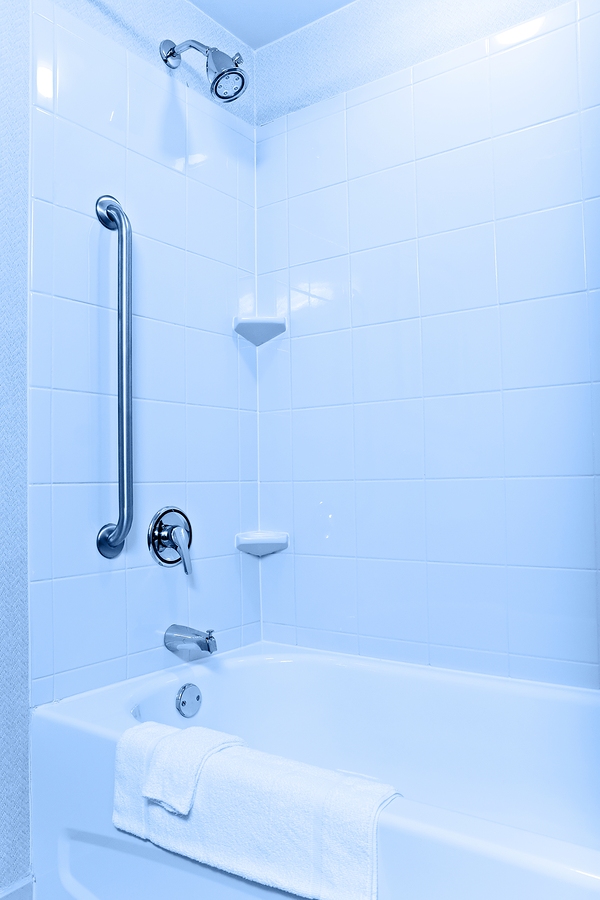
Ways to Get Elderly Relatives to Bathe
Is your elderly relative refusing to shower or bathe?
As frustrating as that may be, it’s not entirely unusual. With age, many seniors become resistant to bathing for several different reasons. It may seem easier to just give up, but regular bathing is important for their health and hygiene. As their family caregiver, you need to resolve this problem so your aging loved one can be clean and comfortable.
Identify the Reasons
There are numerous reasons why an elderly person may not want to bathe or shower frequently. However, the only way to discover what those are is to have a conversation about it. Once you discover what the obstacles are, you are in a better position to help them resolve the problem.
Many elderly people are afraid of falling in the shower because they are experiencing poor balance. Others are overly modest or very embarrassed about needing someone help them shower. Still other aging adults feel extreme discomfort with cold temperature changes and being wet. It’s also possible that seniors who are in the mild to moderate stages of cognitive decline simply don’t remember when they’ve last bathed. If you can find out whether they are in pain, scared, forgetful, uncomfortable or something else, you are one step closer to a solution.
Create Solutions
One of the best solutions for getting an aging relative to shower or bathe regularly is hiring a home care provider. These professionals are trained to work with elderly adults effectively and with respect. They can help seniors with bathing and showering in ways that preserve their dignity and modesty.
One thing that home care providers can do is work out a realistic schedule for bathing. Elderly adults don’t need to bathe every day. In some cases, sponge bathing or wet wipes will suffice, especially if the senior is afraid of showering. Home care providers may also split up the task, helping seniors wash their hair in a washing station at a separate time as a bath that cleanses their bodies.
Home care providers can also help family caregivers get the necessary bathroom equipment and tools that will make bath and shower time more comfortable for seniors. Non-skid bath mats, grab bars, hand-held shower heads, bath or shower chairs and much more provide aging adults with devices that alleviate their fears. Finally, home care providers are impartial third parties that are not subject to the power dynamics that may be the root cause of some aging adult’s refusal for regular showers.
If your elderly relative is simply refusing to bathe or shower, you should seriously think about hiring a home care provider. It’s nice to have someone on your side who is trained to work with seniors and support your desire for them to be healthy, clean and safe.
